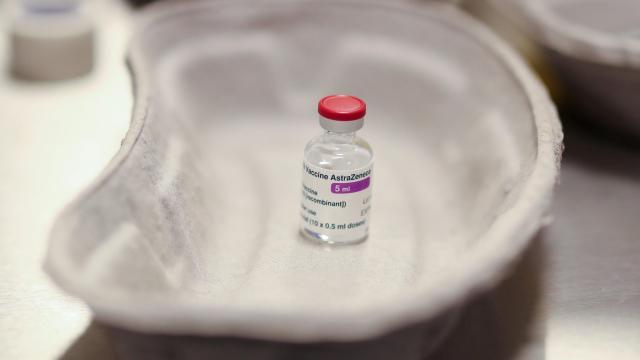Vaccines seem to significantly reduce the risk of long COVID, UK health officials say. In a recent review of the evidence, they concluded that vaccinated people who developed COVID-19 were much less likely to experience long-term symptoms than those unvaccinated. Vaccines may also show some promise in reducing symptoms among those already experiencing long COVID, they found.
Researchers from the UK Health Security Agency analysed 15 studies conducted in the UK and elsewhere through January 2022 that looked at various aspects of the relationship between vaccination and long COVID symptoms. Eight of these studies tried to measure the impact of vaccination prior to infection.
The COVID-19 vaccines continue to provide some measure of protection against infection from the coronavirus, though this effectiveness has waned over time and with the emergence of variants like Omicron. But even vaccinated people who became sick, the review found, were still less likely to report lingering symptoms.
Specifically, the researchers estimated that vaccinated people who caught COVID-19 were half as likely to report symptoms lasting longer than 28 days than people who were unvaccinated. This group included people who received two doses of the mRNA vaccines or the AstraZeneca vaccine, as well as people who got the single-dose Johnson & Johnson shot. The protective effect of the vaccines against long covid seemed to be largest for people over 60 and smallest for those between the ages of 19 and 38. The review’s findings were released earlier this month.
“These studies add to the potential benefits of receiving a full course of the COVID-19 vaccination,” said Mary Ramsay, head of immunization at UKHSA, in a statement from the agency. “Vaccination is the best way to protect yourself from serious symptoms when you get infected and may also help to reduce the longer-term impact.”
On the face of it, it makes plenty of sense that vaccination would lower the risk of long COVID. Even people with an initially mild illness seem to have a risk of prolonged post-covid symptoms, but research has consistently shown that this risk is highest in those who experience hospitalisation and severe illness, and the vaccines continue to remain highly effective in preventing these outcomes. There is also evidence that long covid is linked to a dysfunctional immune response following infection, so it’s possible that vaccination may help better calibrate the body’s response before exposure to the real thing and possibly even afterward.
The remaining studies in the review looked at what happened to long covid patients following vaccination. Some studies suggested that patients were more likely to report an improvement in symptoms than not after their vaccines, while others found that vaccinated people with long COVID were less likely to report symptoms than unvaccinated long haulers over the same time period. One study also found that long COVID patients who got vaccinated sooner in their ongoing symptoms recovered more often than those who got vaccinated later.
All of these studies were observational, meaning they can only show a correlation between two things, not prove a causal relationship. And it’s likely many cases of long COVID will be more complex than others and not necessarily improved by vaccination (there have been some reports of people’s symptoms worsening after a vaccine). But stacked on top of the many other positives of vaccination, this latest news certainly seems to be reassuring.
